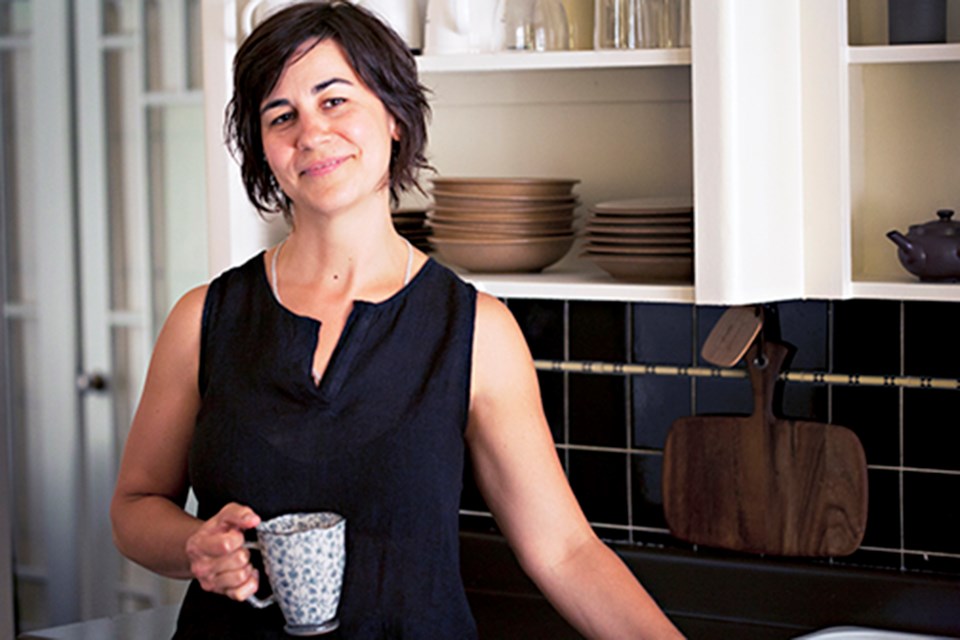Being a roommate wasn’t Heidi Zutter’s original plan.
The Kensington-Cedar Cottage resident had been through a breakup and needed to supplement her income above and beyond the long-term rental suite in her basement. She started by leasing two rooms in the upper floors of her home, but later listed them as short-term rentals on Airbnb.
“I’m of an age where I don’t really want roommates,” says Zutter, who asked that we not include her exact age, “so I love the flexibility of this [Airbnb].”
Zutter would sometimes un-list her rooms from Airbnb and travel, take a break for a few months or use the rooms to host family and friends. She estimates that she earns more with her Airbnb short-term rentals, but she also spends a lot more time and effort renting, hosting and cleaning for her Airbnb guests.
“The most I ever brought in was $3,600 [in a month], but that was absolutely exhausting… You don’t have a life if you do that.”
Vancouver proposes new regulations
On Tuesday, city council approved recommendations to refer new regulations for the short-term rental market in Vancouver to a public hearing. Current city bylaws ban renting a dwelling unit for less than 30 days unless it’s a registered hotel or bed and breakfast.
The regulations would allow renting rooms in a principal residence for less than a month consecutively when safety and listing regulations are met, and only after the operator obtains a business licence; pays a one-time $54 activation fee and an annual fee of $49; and, pays sales and income tax on earnings.
Zutter, who already reports her Airbnb income on her tax return, supports the changes, which she sees as a step in the right direction for Vancouver, where the long-term rental housing vacancy rate is currently less than one per cent.
Some of her previous Airbnb guests, she notes, stayed with her while they looked for a permanent apartment in Vancouver, and faced a highly competitive and expensive market.
“Rents are going up, real estate is skyrocketing and I’ve had Airbnb guests… go out and rent a space from a guy” who will agree to one rate and then come back with a higher rate saying that he’d received offers from others willing to pay more.
“I’ve seen that three times, and it makes me feel bad.”
Fairness in the rental market
The proposed changes to short-term rentals would put Vancouver in step with Toronto, Paris, New York, Berlin, Barcelona and other cities that are investigating, or have placed, regulations on short-term rentals in their communities. They would also establish an equal playing field, says Robin Richardson, 68, who co-owns Ashby House Bed and Breakfast in the West End with wife Mary Anne MacNeill.
“We jump through all these hoops and put out considerable money to do our business,” says Richardson, including paying for a business licence, development permit, two off-street parking spaces and insurance. “Why should they [Airbnb hosts] not pay taxes [and other fees] to provide short-term rental accommodations the same way we have to?”
Airbnb is the largest provider of short-term rentals in Vancouver, according to a city report dated July 5. Airbnb listings represented 82 per cent of the 5,927 short-term rental listings active in April 2017, and listings in Vancouver have almost doubled each year since 2013.
“Despite existing regulations, the STR market has grown to supply an estimated 29 per cent of Vancouver’s accommodation for tourists and other transient guests,” the report states. “If Airbnb were a hotel, it would be Vancouver’s single largest hotel.”
Airbnb has been working with the city on addressing concerns raised by citizens and council about the unregulated short-term rental market, including releasing a report on the Airbnb community in Vancouver last year.
In an email statement, Airbnb’s public policy manager, Alex Dagg, says the company “welcomes the City of Vancouver’s move toward regulating home sharing,” and plans on continuing to provide input on the proposed regulations.
Overall, Zutter says she enjoyed the experience of listing rooms on Airbnb. It made her home “affordable and emotionally manageable,” and she says she formed lasting friendships with several of her guests.
Zutter will be closing this chapter in her life soon, as she has sold her Vancouver home and will be moving to the Sunshine Coast at the end of August. She says she’ll consider hosting Airbnb guests again, but in a separate suite, “not in my house.”



